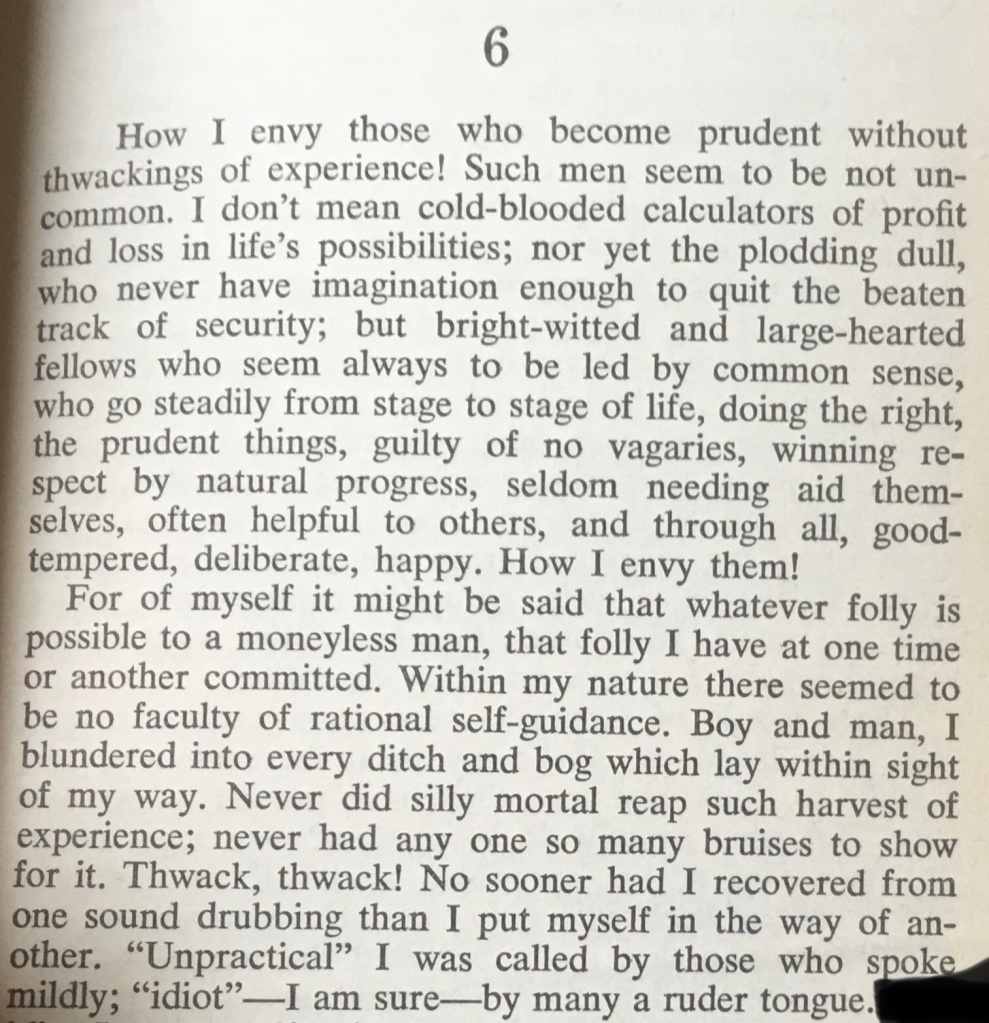Is libertarianism an outdated ideology?
…as answered on Quora….
Funny you should ask.
For the first time I heard the word “libertarian” I was informed in no uncertain terms that it was hopelessly old-fashioned, backward, and inapplicable to modern society.
The sages who told me this were the news anchors of KOIN Channel 6 in Portland, Oregon. The occasion was the night of the 1976 Democratic National Convention. After the festivities ended, the Libertarian Party candidate for the presidency, Roger MacBride, ran a television spot making his pitch for “A New Dawn for America” (his horrible slogan and the title of his campaign book) with liberty as the centerpiece. I was a teenager, and was intrigued by MacBride’s presentation. After it ended, the CBS affiliate’s local news show came on, and they immediately commented on the Libertarian candidate’s ad. It has been over four decades since then, so my memory’s a bit fuzzy, but the gist was simple: “Those kinds of ideas may have worked in the 19th century, but not today, in our complex society.”
Now, that was an interesting contention, but they gave no evidence for it. As I thought about it for the next year, I put it in the iffy category of ideological statements.
What was clear was that, after freeing the slaves, Americans swiftly became more nationalistic, imperialistic, interventionist, and government-happy. So, with each ratcheting up of the new Leviathan State, libertarian ideas had become further alienated from the general tenor of American political thought. I had read some Jefferson at that age, and dipped into Locke; I knew Thoreau and the abolitionists; I had an inkling of the kinds arguments used to fend off — unsuccessfully — the growth of government in the late 19th and 20th centuries. It was obvious to me that libertarian ideas were linked to the Declaration of Independence and the fight against slavery. I thought it weird that a people that prided itself on ending slavery, in spite of or because of all the bloodshed it cost, would now be so blasé about scoffing at universal freedom, the libertarian idea. The idea decreasingly struck me as time-bound. Universal freedom and individual responsibility were, if anything, a future ideal set, not a past one, for it was obvious that Americans had been tempted by power from the outset, and gave in to the temptation at the cost of liberty. Repeatedly.
A year or so after hearing that political advertisement I read Robert Nozick’s Anarchy, State and Utopia. The radicalism of the idea was pretty clear. But it was not an alien radicalism, like socialism struck me. This was familiar. Homely. And decent.
But accepting it as an ideal principle of political life required settling some factual and philosophical problems. I slowly worked those over.
Our culture did not follow my path. The enticements of power always tempt us in modern, partisan politics — including especially that mad drive to live at the grudging expense of others — and Americans seem hell-bent on succumbing.
Every year a little more.
Our culture has settled into its rut of statism, and it would be hard to jump out of the groove and take a new tack or track. We are “path dependent,” as social scientists like to say. There are costs associated with changing course.
But the course is not set to a lodestar, or to a clock. A moral ideal and a matter of general advantage does not change no matter how many wrong turns you take.
“No matter how far you have gone on the wrong road, turn back.”
—Turkish proverb





















